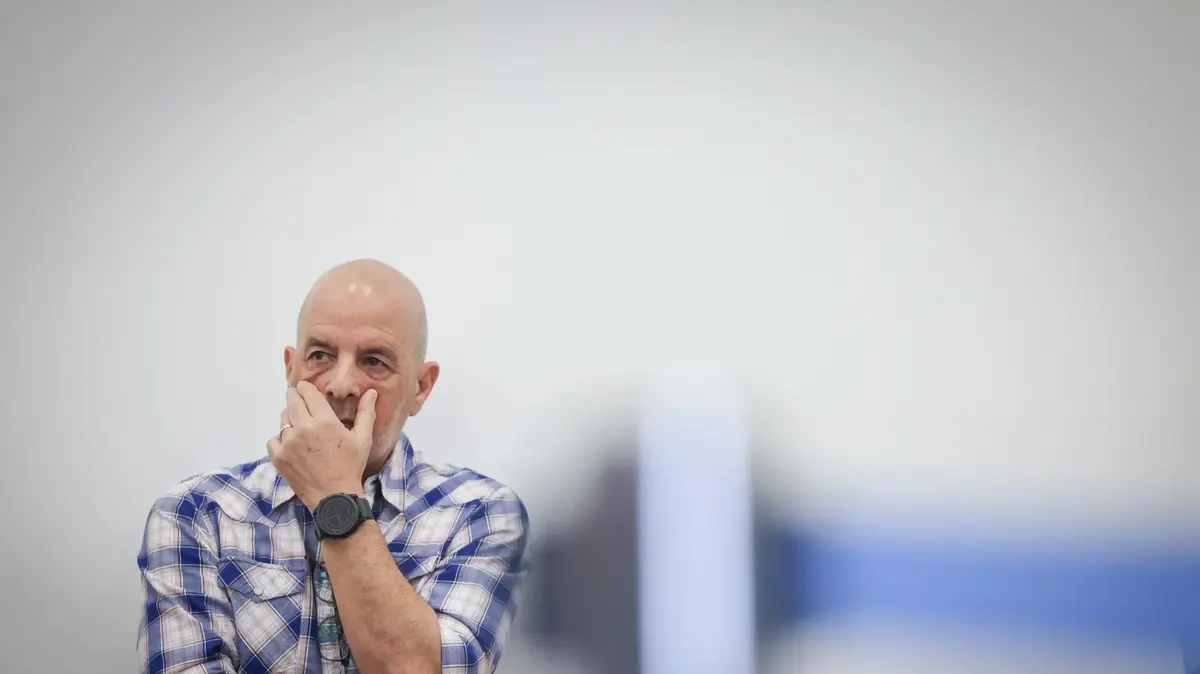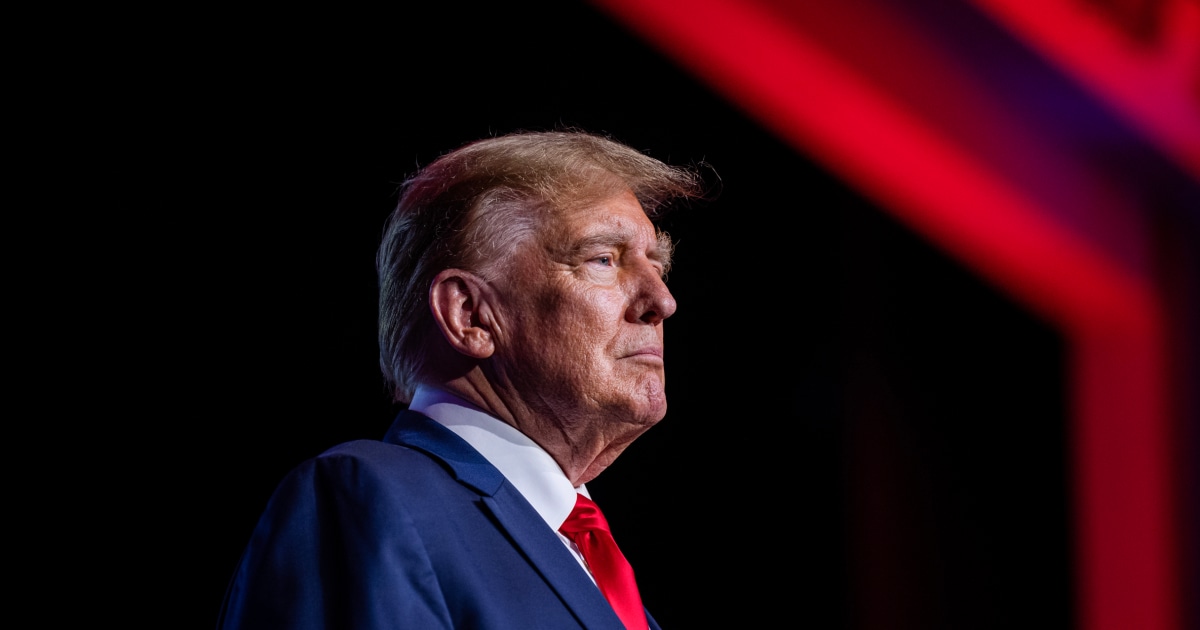SPIEGEL:
It is not very surprising that you and your husband were observed by the FBI.
500 pages were collected, 319 of which were released at the request of the American Rich Jones and have now been published.
The size of the dossier is impressive, isn't it?
Dutschke-Klotz:
We always suspected that secret services could monitor us.
But I only really realized this when I traveled to the USA in the summer of 1968 with my little son.
Hosea-Che was only six months old at the time.
We landed at the airport - and were locked in a room for hours.
Then I felt firsthand how great the interest in Rudi must have been in the United States.
That was totally crazy.
The newspapers were full of reports, people knew all about him.
My father could also sing a song about it.
SPIEGEL:
Please tell us.
Dutschke-Klotz:
My father was a pharmacist in a small suburb of Chicago and was visited by young students who came in and shouted: “You are Rudi Dutschke's father-in-law!
May we hug you? «
(Laughs)
SPIEGEL:
The US government was less euphoric - as a staunch opponent of the Vietnam War, Dutschke mobilized the protest against the war in Vietnam like hardly anyone else in Europe.
Why did the FBI deal with your husband so extensively?
Enlarge image
Charismatic speaker: Dutschke 1967
Photo: Wilhelm Bertram / dpa
Dutschke-Klotz:
They were afraid that he would move to the USA and spark the same revolutionary enthusiasm there and kick off the same movements as in Germany and France.
They feared it as a threat to the country.
Rudi really only wanted to study.
SPIEGEL:
As the FBI files meticulously note, your husband planned to go to California, to the chair of the philosopher Herbert Marcuse.
But surely he would also have been politically active in the USA, wouldn't he?
Dutschke-Klotz:
My husband was very interested in getting to know different people in the USA.
But active support for individual groups was not planned.
display
Title: 1968: What we can be proud of
Publisher: kursbuch.edition
Number of pages: 224
Author: Gretchen Dutschke
Buy for € 22.00
Price query time
May 3rd, 2021 8.45 p.m.
No guarantee
Order from Amazon
Order from Thalia
Order from Weltbild
Product reviews are purely editorial and independent.
Via the so-called affiliate links above, we usually receive a commission from the dealer when making a purchase.
More information here
SPIEGEL:
The US security authorities seem to have disagreed with that.
As the files show, the FBI was obsessed with the question of whether to grant or deny Dutschke a visa.
Dutschke-Klotz:
Actually, he would have had a right to it, after all I am an American citizen.
But they wouldn't grant us any, I never got an answer.
Although I did everything I could to find out about it.
SPIEGEL:
The FBI also makes a precise note of that.
How specific were the relocation plans in early 1968?
Dutschke-Klotz:
Everything was prepared, the suitcases were already packed.
However, since we did not get a visa, we had to cancel the trip.
SPIEGEL:
Did you ever hear that the FBI was interested in you?
Dutschke-Klotz:
Once the surveillance was more than obvious.
It was late 1968 just before we went to England.
There was a truck with a huge machine parked on the roof right in front of our house to eavesdrop on us.
It was so absurd that we could only joke about it.
SPIEGEL:
Were there any other similar situations?
Dutschke-Klotz:
When I was in the USA in 1968, I spent a long time with a couple who were close friends.
As soon as I was gone, a man rang the doorbell and wanted to win our friend over to the secret service.
He should spy on us in the future.
Our friend refused - others may not have.
Who knows?
Killed with three shots: attack on Dutschke on April 11, 1968
Photo: Hilliges / AP
SPIEGEL:
On April 11, 1968, your husband was the victim of an attack and died in 1979 of the aftermath.
You went back to the USA in 1985.
How present was your husband there at that time?
Dutschke-Klotz: In
contrast to the previous decade, there was hardly any talk about him in the 1980s.
Who Dutschke was actually only knew those people who were involved in left-wing groups.
SPIEGEL:
In the mid-1990s, you wanted to go back to Germany ...
Dutschke-Klotz:
... I was already in Germany and was practically thrown out because my residence permit was not renewed.
SPIEGEL:
They didn't want you here?
Dutschke-Klotz:
I still don't know why.
Maybe because I wasn't financially secure?
At that time I had just finished my book about Rudi, but it had not yet been published
(editor's note: The book "Rudi Dutschke. We had a barbaric, beautiful life. A biography" appeared in 1996)
.
I was allowed to tour Germany for readings, but it was not possible to stay permanently.
A friend then campaigned for me to get German citizenship.
SPIEGEL:
New details keep popping up, science and the media are still dealing with your husband to this day.
How is it for you to be constantly reminded of the past?
Dutschke-Klotz:
Oh, you know, there are mixed feelings about that. On the one hand, I'm sad because he's no longer there. On the other hand, I like to think back to the time - it was the most intense of my life.














